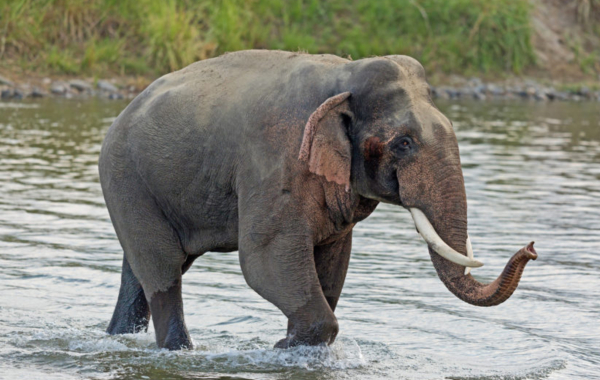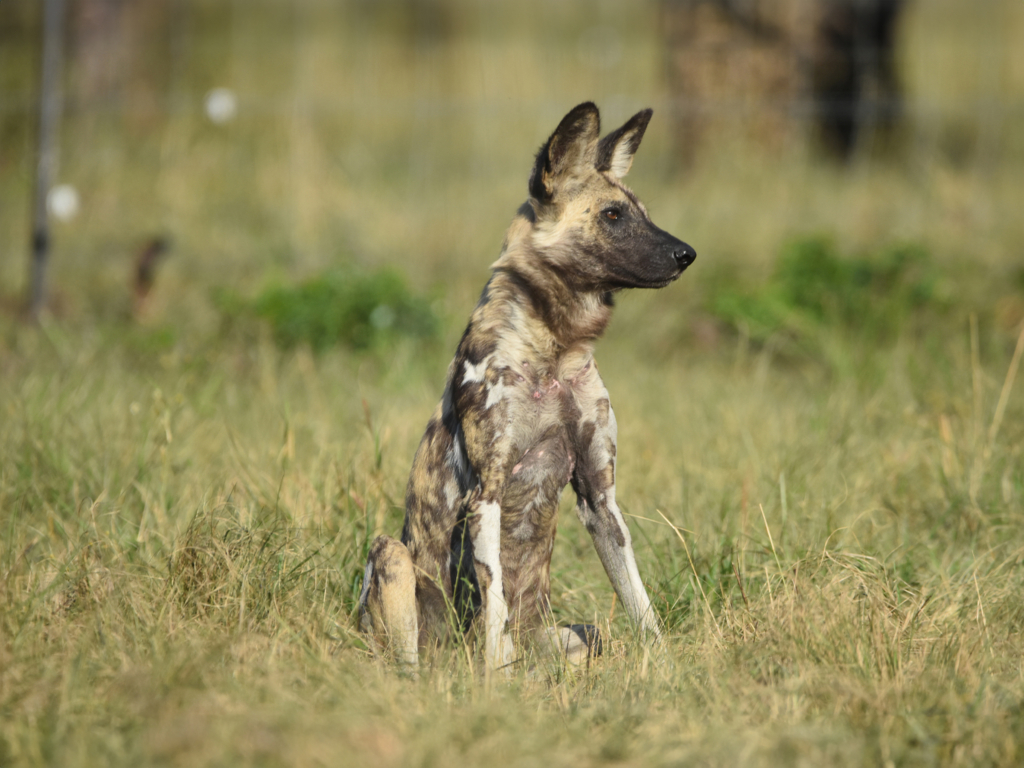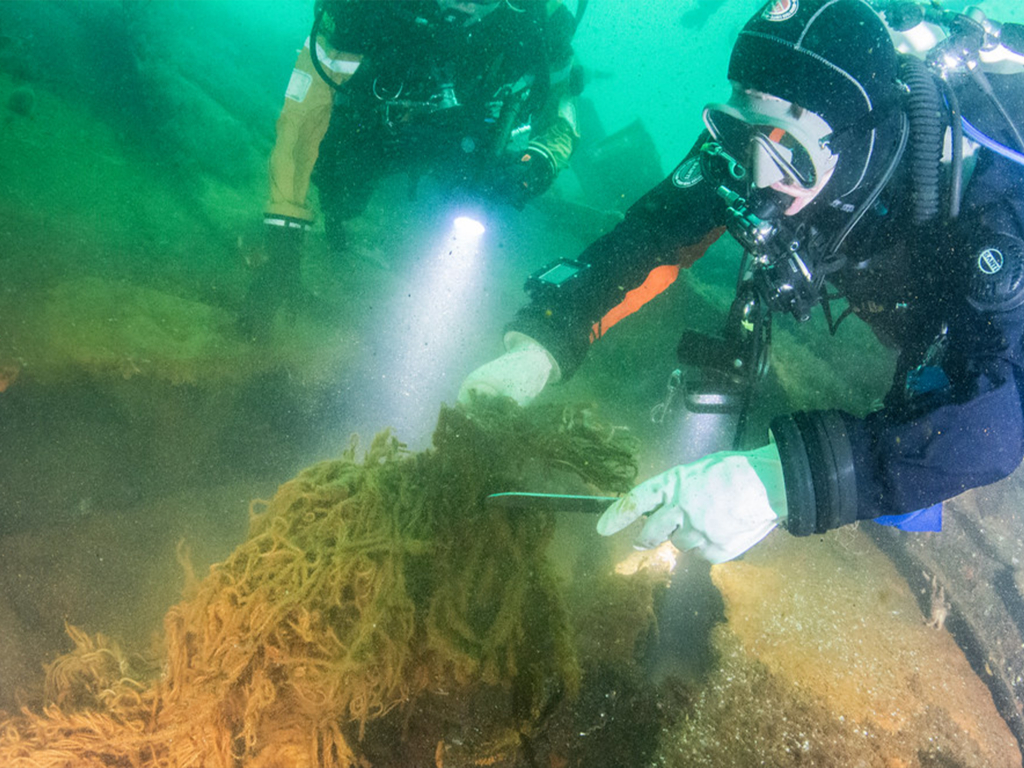
Supporting since 2023
Location
UK
Support started
2023
Mission
Established in 2015, Ghost Fishing UK is dedicated to removing abandoned, lost, and discarded fishing gear known as ‘Ghost Gear’ from the UK coastlines.
Donations:
Donation to help volunteer divers remove lethal entanglement hazards to marine life and scuba divers from the marine environment.
2025:
Pending application.
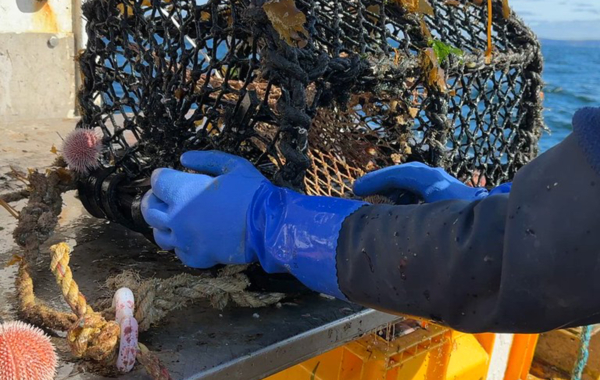
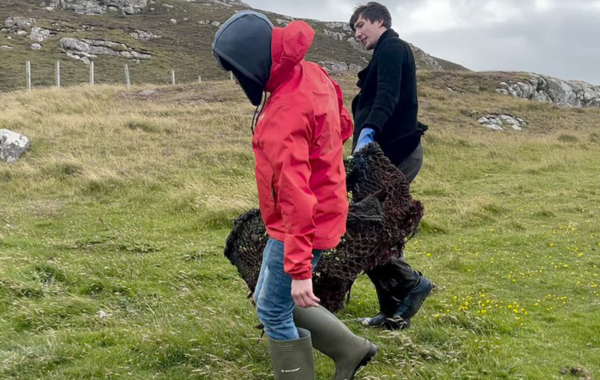
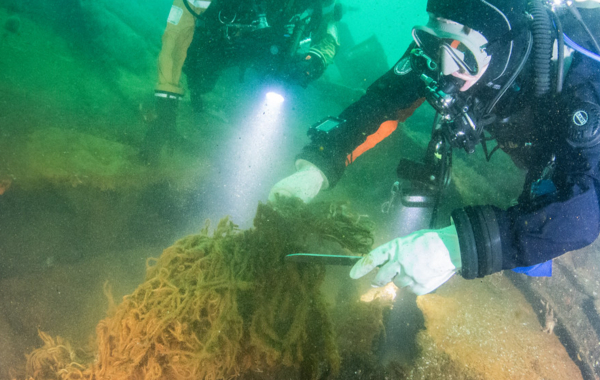
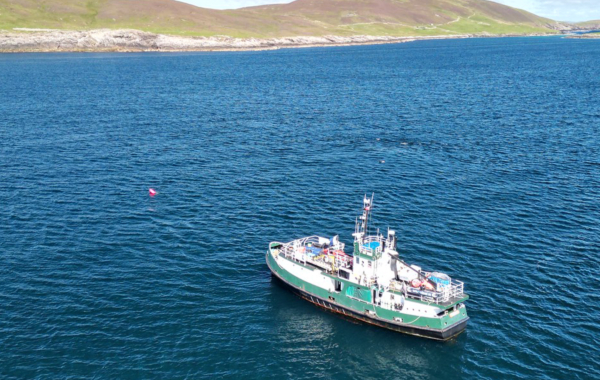
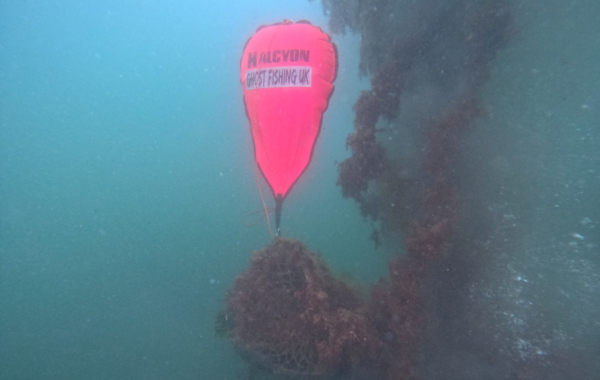
Background
Ghost Fishing UK was established in 2015, and is an award-winning charity dedicated to removing ‘Ghost Gear’ from the seas around the UK.
‘Ghost Gear’ is fishing gear, such as nets and shellfish traps, that have been lost by the fishermen during the course of their work. The lost gear continues to catch marine life, as it is designed to do. ‘Ghost Gear’ is a source of marine pollution, but because it was designed to catch animals it has a disproportionate impact on wildlife, marine and coastal habitats, and food security.
The UN estimates that over 640,000 tonnes of ‘Ghost Gear’ are lost in our seas and oceans every year. This lost gear catches and kills marine wildlife. Most modern fishing gear is made from plastics, contributing to the global issue of plastic waste and pollution that succumb into our oceans, harming the wildlife.
Ghost Fishing UK is made up of volunteer scuba divers, who have been trained to remove this lost fishing gear from the seas. Their skilled team conducts
surveys, removes gear, and collaborates with communities to protect marine life.
Achievements and Objectives
In 2024, Colchester Zoological Society gave a contribution of £5,000 to help remove abandoned, lost or discarded fishing gear from UK waters.
Ghost Fishing UK divers undertook numerous recovery missions in 2024.
- 263m of gill net was found in the shallows of Jennycliff Bay, which is a small pebble beach within the South Devon Area of Outstanding Natural Beauty. After the divers had surveyed and secured the lift bags, masses of net were recovered to the surface along with all the trapped life and litter the net had been catching. Once the net was eventually on deck the trapped life was released, including 72 spiny spider crabs, 30 velvet swimming crabs and 9 edible crabs.



